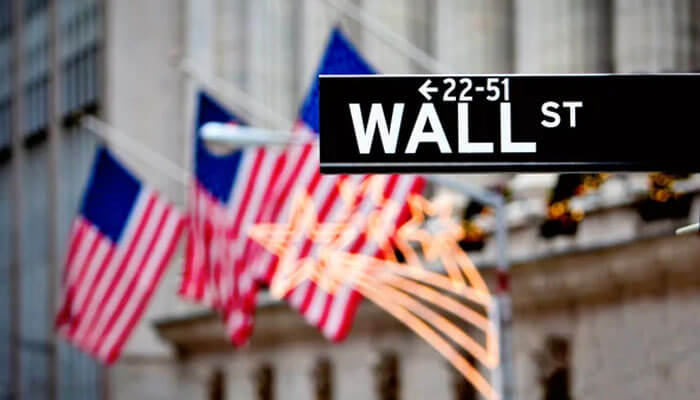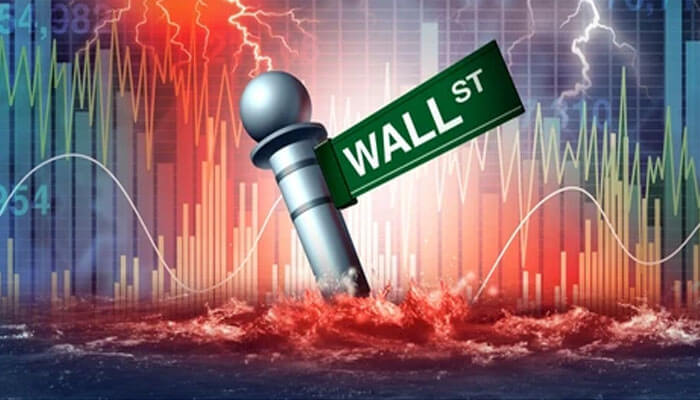The United States government is getting closer to the so-called debt ceiling X-date, when the Treasury may run out of funds and have to resort to exceptional measures to fulfill all its obligations, and both political parties are at odds, with no solid alternative to avoid a default.
And, while the chances of the US government defaulting on its debt remain low — it would almost certainly cause an economic calamity, and both sides of the political aisle have a lot to lose – Wall Street is concerned about what the protracted dispute implies for equities markets.
Defaulting on US debt would be “potentially catastrophic,” according to JPMorgan CEO Jamie Dimon last week. “
Stocks gained marginally on Monday, indicating that investors are not yet panicked. Stocks gained marginally on Monday, indicating that investors are not yet panicked. However, the concern about market volatility is not going away.
A similar battle over the debt ceiling in 2011 triggered a severe round of market instability. The VIX, Wall Street’s key measure of volatility, reached two-year highs and surged more than 35% in a single day.
The Samp; P 500 plunged roughly 17% in July and August of 2011, although interest rates were close to zero at the time, and the Federal Reserve was expanding its balance sheet. According to BlackRock analysts in a report issued on Monday, all of this offered a buffer for the US economy.
“The backdrop is very different today,” they stated, citing high inflation, 5% interest rates, and credit tightening.
“Expect higher volatility as a result of the combined effect of debt ceiling concerns and financial cracks caused by rate hikes,” they said. Even if a solution is reached before the US Treasury runs out of cash, they say, “We expect the debt showdown to stoke market volatility.”
Analysts at Wells Fargo concur. While they believe a default is improbable, they said on Monday that “the rekindled debate will almost certainly increase volatility in both fixed income and equity markets.”
With high inflation, interest rates at 5%, and credit tightening, “the backdrop is very different today,” they argued.
“Expect higher volatility as a result of the combined effect of debt ceiling concerns and financial cracks caused by rate hikes,” they added. Even if a solution is reached before the US Treasury runs out of money, they continued, “We expect the debt showdown to stoke market volatility.”
Analysts at Wells Fargo agree. While they believe a default is improbable, they said on Monday that “the rekindled debate will likely increase volatility in both fixed income and equity markets.”
Wells Fargo analysts Michelle Wan and Mary Anderson recommend investing in shares from developed markets other than the United States. For the time being, stick with reasonably safe, large-cap companies in US markets, they advise.
Markets should be less volatile by 2024, they claim. For the time being, it’s all about hunkering down and surviving the bumpy second half of 2023.
Still, during the debt ceiling stalemate in 2011, the market fell but rapidly recovered, according to Brad Bernstein, managing director at UBS Wealth Management. “We view any near-term pullbacks as buying opportunities,” he explained.



